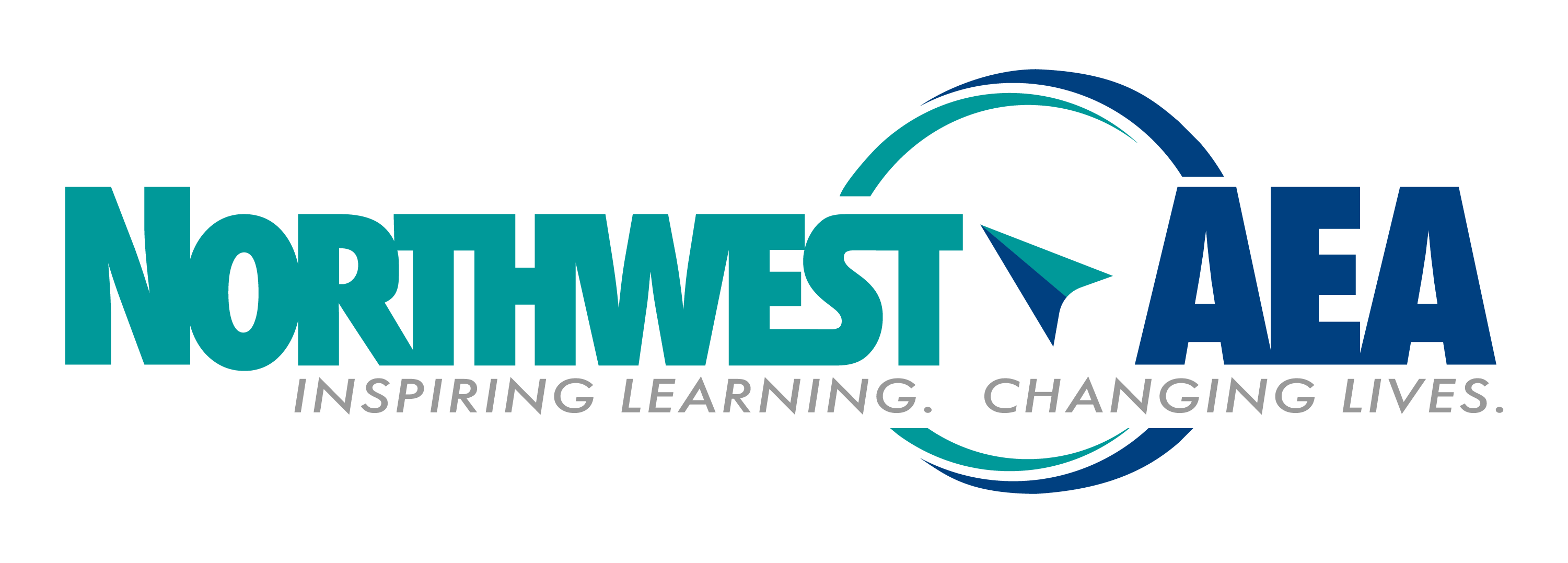Literacy services provide professional learning and coaching of instructional approaches in reading, writing, speaking, and listening for K-12 students. These efforts are designed to build a school learning community engaged in studying and promoting growth and student achievement in literacy. The goal of the NWAEA Literacy Consultants is to assist school district educators and AEA staff in the effective implementation of literacy best practices.
Northwest AEA offers a variety of services in the area of literacy aligned with Iowa’s AEA System Portfolio of Supports & Services 2024-25 (page 6).
Standards Work
Science of Reading
|
Intervention System
|
Instructional Practices
|
Modes of Support
|
High Quality Instructional Materials
|
Northwest AEA literacy consultants have collaboratively developed a powerful literacy vision grounded in scientific research and evidence-based language and literacy practices. The best opportunity for better reading outcomes involves teachers and school leaders who know how students learn to read, know what component skills are essential, and know how to match student needs to instruction on those skills.

